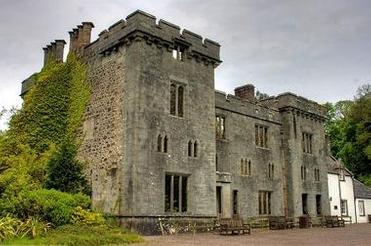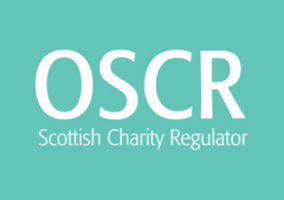Scotland’s charity regulator has decided against intervening in a charity’s plans to sell a clan’s estate and land for an estimated almost £7m, after members of the public expressed concerns about the proposals.
OSCR contacted trustees of the Clan Donald Lands Trust (CDLT), based on the Isle of Skye’s Sleat peninsula, after it put Armadale Castle and its 20,000-acre estate on the market.
The charity had announced in March it would make the sale due to financial challenges and has reportedly so far received offers totalling up to £6.8m.
After receiving “a number of concerns from the public”, the regulator questioned trustees about the sale but has now decided they acted within their legal power and followed appropriate advice.
OSCR said in its findings: “Having considered the information provided, OSCR has established no grounds to intervene in the decision of the charity trustees to sell its landholdings including the Sleat Estate and Armadale property assets. OSCR will not be intervening in the sale.
“The charity’s trustees have acted within their powers and taken legal and financial advice prior to placing the charity’s landholdings up for sale.”
Plans to become grantmaker
CDLT has overseen the Clan Donald’s lands on the Isle of Skye since the 1970s to “promote and preserve the history and heritage of Clan Donald”.
It owns the 40-acre Armadale Castle and gardens and the site of the Clan Donald heritage museum.
CDLT said it intended to become a grantmaking body based somewhere in the Scottish Highlands, with the specific location yet to be confirmed.
In a statement on its website, it said the decision was made to put the castle and its estate on the market due to “the urgent need to realign the trust’s resources with its core charitable objectives and to secure a sustainable future for our mission”.
“For many years, the trust has been open about the significant financial challenges facing our charity,” it said.
“The Armadale visitor centre has never been financially self-sustaining year-round, and its continued operation has relied on long-term dependence on a single major grant funder.”












